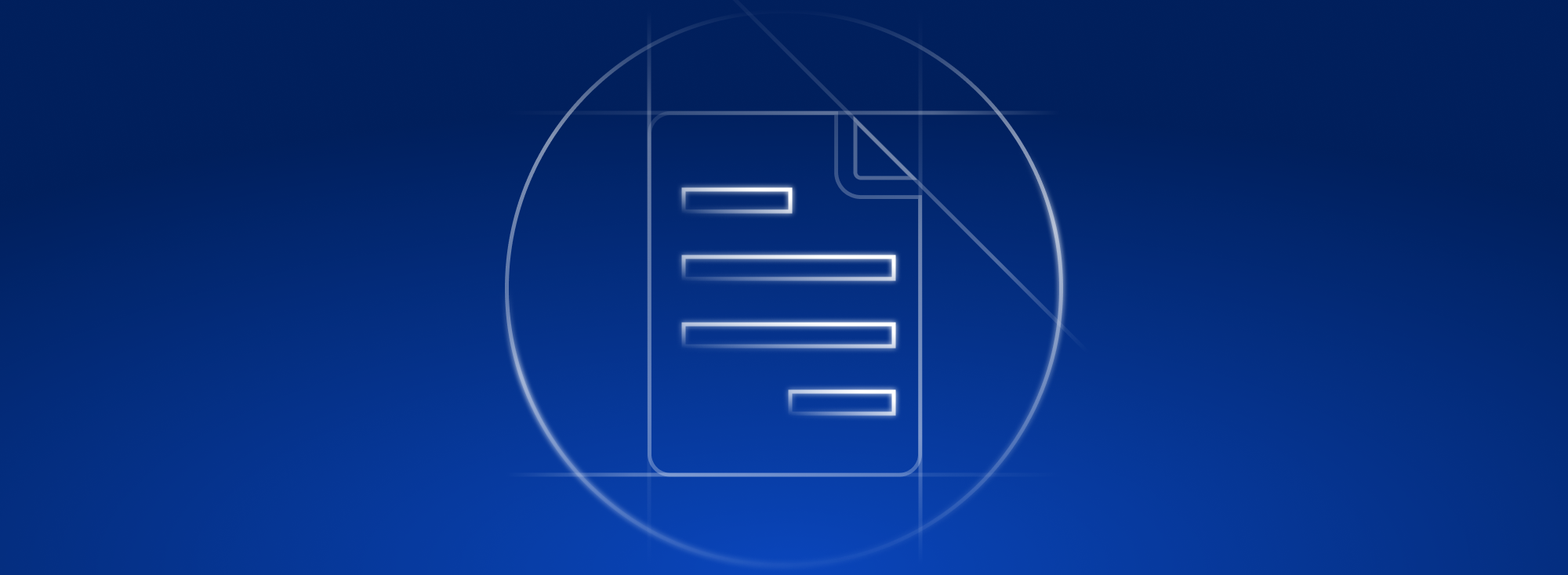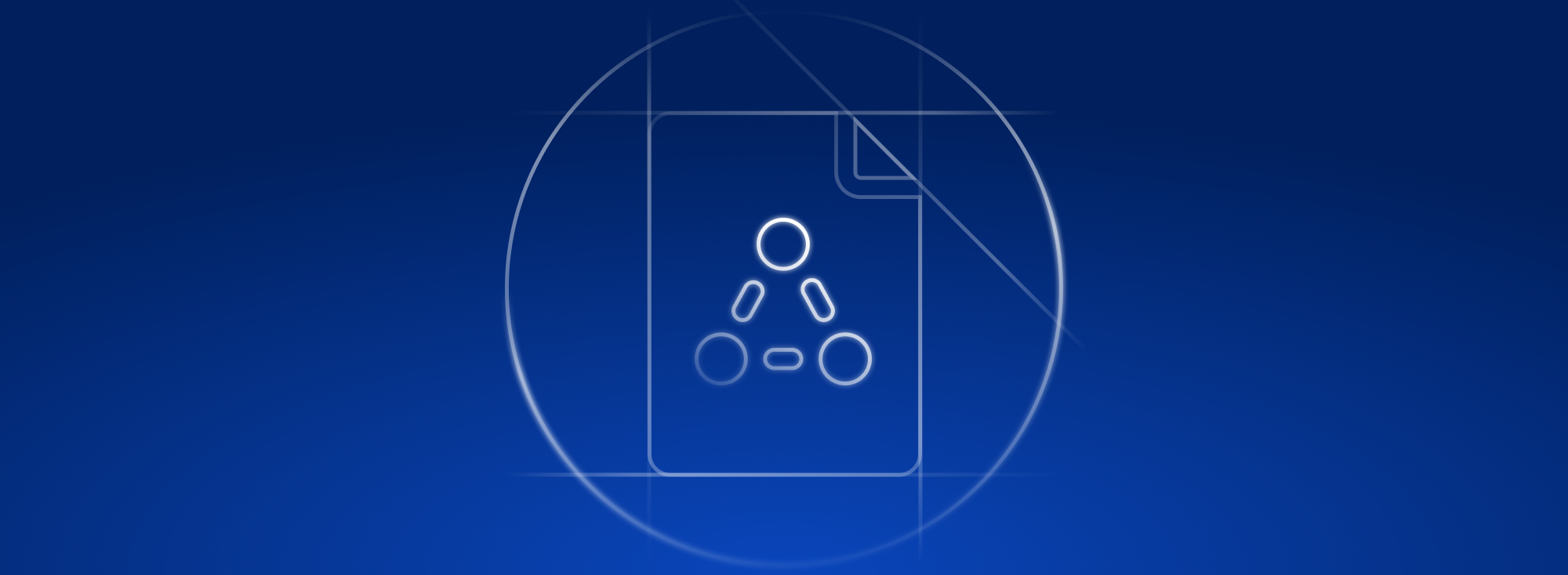Introducing the Aragon DAO Governance Framework
Aragon

DAOs today typically operate with a mix of governance mechanisms that shape the organization’s decision-making, funding allocation, coordination, and culture. They cover a broad spectrum from technical to human, trustware to socialware, and metaverse to meatspace. On one end, there are automatically enforceable rules hard-coded into smart contracts. On the other, there are informal rituals that spread like wildfire.
We’re excited to introduce a framework that unpacks our approach to governance and defines the mechanisms that will shape the Aragon DAO.
Background
Aragon is an established project in web3, with high impact technology, a reputable brand, and a sizable treasury. Transitioning an established organization into a DAO has different implications than starting a DAO from scratch. There are responsibilities to honor, a legacy to protect, and a future to secure.
Due to our unique circumstances, we need to carefully balance the decentralization of governance with the protection of our stakeholders and assets. Our priority is to deploy a secure delegate voting DAO, as signaled by ANT Holders to transfer to the Aragon treasury.
The first step to decentralizing the governance of the organization is to deploy a lean, functional and secure default delegate governance model for the Aragon DAO. The starting point we will deploy is not the end state of the organization. It is not meant to capture the entire spectrum of governance mechanisms at the outset: it is meant to provide a solid foundation for its evolution.
Over time, the governance of Aragon DAO should evolve into a constellation that enforces the rights and responsibilities of stakeholders (ANT Holders, Delegates, and Contributors) with appropriate mechanisms (Rules, Guidelines, and Practices). We should strive to continuously iterate on governance operations, before and most importantly after the Aragon DAO is deployed.
Experimenting with governance is in Aragon's DNA. Competing ideas are healthy. The most compelling ones will rise to the surface, gain momentum, and earn token holder support. Therefore, our governance mechanisms will be designed with few up front assumptions in order to expedite the discovery of good ideas and minimize governance bureaucracy.
There are three mechanisms to coordinate Aragon DAO governance:
- Rules enforced by the on-chain deployment and applicable laws, which will establish the default governance model of the organization.
- Guidelines indirectly enforced by voting at the token holder and delegate level, which will establish the operational standards of the organization.
- Practices reinforced by the culture within and between teams, which will shape our ways of working and coordinating.
Rules: default governance settings enforced by code and law

The technical design of the deployment will form the default governance model and settings of the Aragon DAO. Due to Aragon’s established position, we are constrained by prioritizing the security of the organization’s assets and mitigating risk. The default governance model will be minimal so we can foster experimentation and discovery in the social layer.
The default governance model of the DAO will be captured by the Charter. The Charter will be a plain English translation of the technical functionality and default settings, with the potential addition of legal rights and responsibilities, that together form the enforceable Rules of the organization.
Some elements of the DAO may also be protected by a legal wrapper. Legal wrappers may subject stakeholders to additional rules towards each other and towards the local laws of a jurisdiction. We will continuously work with expert counsel to identify the best available options to protect ecosystem participants.
Since the default governance model prioritizes security, it will be more difficult to amend. The Rules are intended to be the baseline upon which we can rely on, and guidelines and practices are more open for iteration.
Guidelines: operational standards on the social layer enforced by voting

Due to the lean nature of the initial deployment, we have flexibility to extend the governance model and operationalize governance processes within the social layer. Everyone in the ecosystem benefits from clear standards and expectations. Working with guidelines gives us both clarity to better coordinate and flexibility for our governance to evolve.
Guidelines should be introduced by operating workstreams, endorsed by delegates, and ultimately enforced by ANT Holders in votes.
The guidelines should originate within the teams managing the DAO’s operations. Guidelines should support organizational effectiveness, coordination amongst workstreams, and the ability to sustainably deliver value. We want to avoid creating a stagnant bureaucracy, bound to arbitrary standards that are counterproductive for contributors and unimpactful for the organization.
Although guidelines are not directly enforceable by code, they are indirectly enforceable through the votes of ANT Holders and delegates. The guidelines should be openly endorsed by delegates to encourage transparency and accountability. This can be done informally via communications channels such as the Forum or formally through voting on signaling proposals.
This indirect enforcement mechanism encourages flexible discovery of our operating model without binding contributors to prescriptive technicalities. Guidelines may also incentivize coordination amongst workstreams and ultimately make the organization more effective as a whole. For example, adhering to guidelines during the proposal process might increase the likelihood of the proposal passing.
Since delegates will be enforcing the guidelines via their voting power, they should align with the expectations of the ANT Holders they represent. Delegates are accountable to ANT Holders and will need to answer to the operating model they uphold. ANT Holders should delegate their vote to professionals they trust to direct strategic execution. They can always undelegate their vote if delegates fall short of their expectations—this is how delegates are held accountable.
Practices: innovation within guilds reinforced by working culture and spread like wildfire

Guilds are free to experiment and innovate with the way they work, outside the boundaries of the guidelines voted in by delegates.
It is within and between Guilds that innovative practices, rituals, and culture should emerge. They are the cutting edge of the organization, driving the mission from the inside and outside. This is how we move fast without breaking things—by experimenting in smaller groups and sharing what works.
Guilds should have as much agency as possible to conduct their work and deliver impact in the way they see fit. Contributors are held accountable by their own team members when they work hard to solve problems together. Trust is ritualized through day-to-day practice, workflows, and having shared understanding of a team’s way of working. The transition into Aragon DAO should be a continuation of the agency and autonomy that guilds currently have to determine how work is done within their team and how they coordinate with others.
Introducing new practices in a small group setting is less costly. Adopting new practices should organically evolve within the working culture, through informal coordination across the organization.
As the Aragon DAO matures, the most successful practices can become Guidelines. If a practice is identified by operating workstreams, ANT holders, or delegates as essential to the organization’s performance and worth standardizing, it can be informally enforced as a guideline.
Laying the foundations for the Aragon DAO
We’re excited to take important steps toward launching the Aragon DAO and transferring the treasury. The process of progressively decentralizing has been a long journey. We’re applying what we’ve learned through past governance experiments and will continue to uphold the spirit of experimentation in the future. To stay up to date with everything happening in our DAO transition, subscribe to The Eagle for a newsletter covering the Aragon Network every Friday!
Subscribe to The Eagle for weekly news on the Aragon Network
